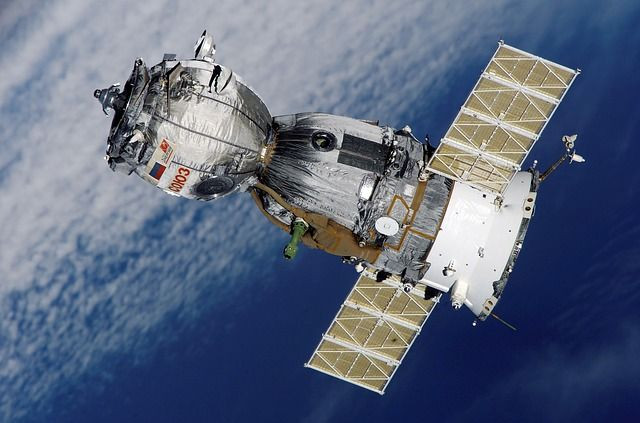SpaceX Starlink Satellites May Block Our View Of Space, Analysts Warn

Following the successful launch of the first set of Starlink satellites, astronomers warned that the final phase of the massive project could obstruct our view of space and the stars. SpaceX founder Elon Musk, on the other hand, assured the public that this will not happen.
On May 24, SpaceX began the first step in providing high speed internet to Earth by launching 60 satellites as part of its Starlink initiative. The launch was a success and the satellites made their first appearance by forming a train of lights across the sky.
According to Musk, he aims to launch up to 12,000 satellites for the project. These will be in low Earth orbit with an altitude of around 550 kilometers from the surface.
The massiveness and objective of the project sounds really impressive. However, for planetary astronomer Alex Parker, the public should be more concerned about what Starlink might do to the night sky than having high speed internet.
In a tweet, Parker warned that once SpaceX completes its Starlink project, the number of satellites flying in low orbit will outnumber the stars that are visible to the naked eye.
He explained that in ideal conditions, which includes the absence of light pollution, around 9,000 stars can be seen without the use of telescopes or other equipment. If SpaceX proceeds with launching 12,000 satellites, which the company aims to accomplish by 2020, then the night sky might end up getting filled with man-made flying objects instead of stars.
Due to the concerns raised by Parker and other astronomers, Musk released a statement to clarify that his company’s project will not ruin the public’s view of the night sky. He said that he had already contacted the team handling Starlink and advised them on coming up with new designs for the satellites to make them less shiny.
In addition, Musk noted that the main objective of Starlink is to help economically disadvantaged regions by providing faster internet. With the greater good in mind, he emphasized that he will make sure the Starlink satellites will not have any negative impact on astronomical and scientific discoveries.
I know people are excited about those images of the train of SpaceX Starlink satellites, but it gives me pause.
— Dr. Alex Parker (@Alex_Parker) May 25, 2019
They’re bright, and there are going to be a lot of them.
If SpaceX launches all 12,000, they will outnumber stars visible to the naked eye.

© Copyright IBTimes 2025. All rights reserved.




















